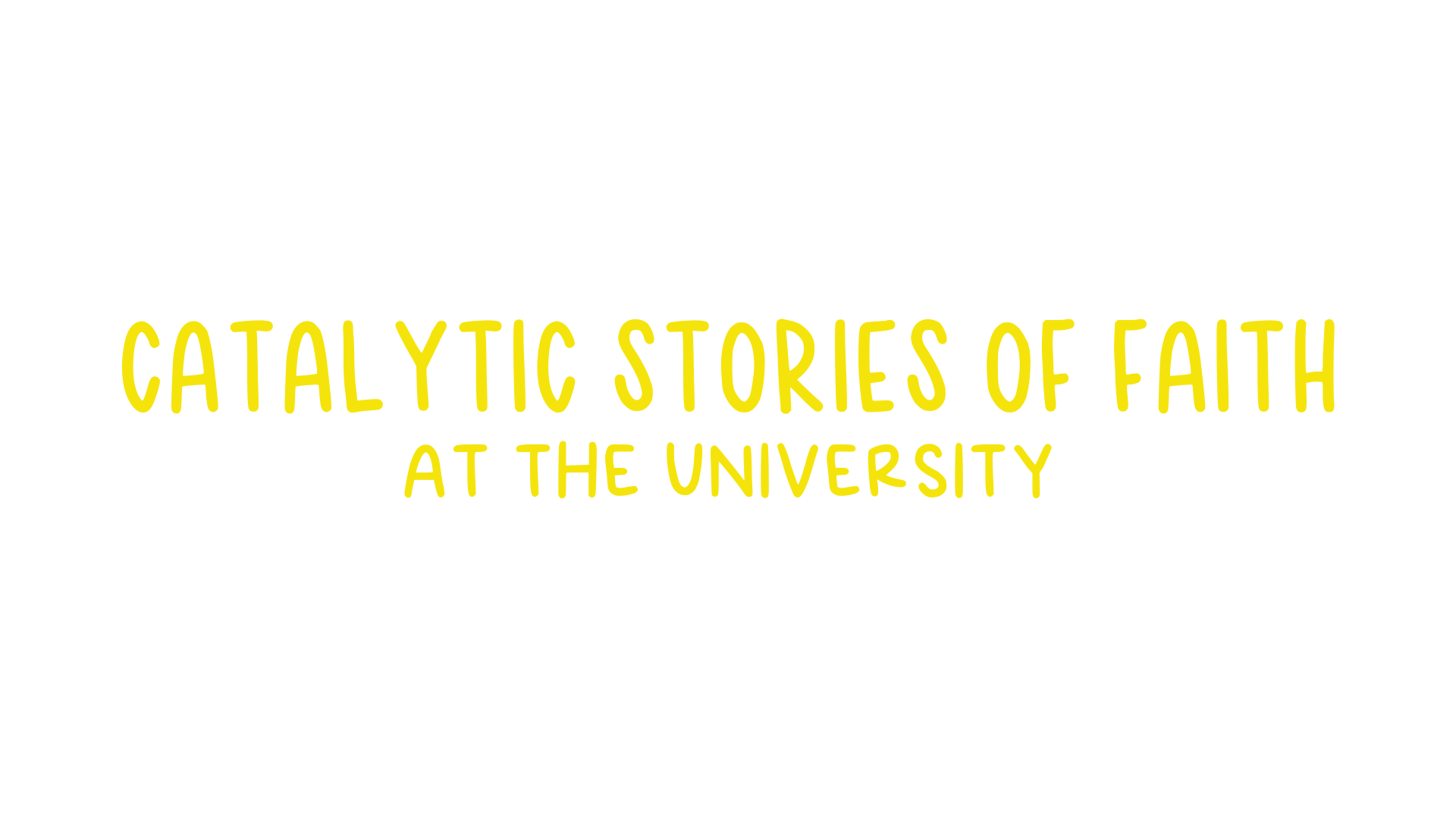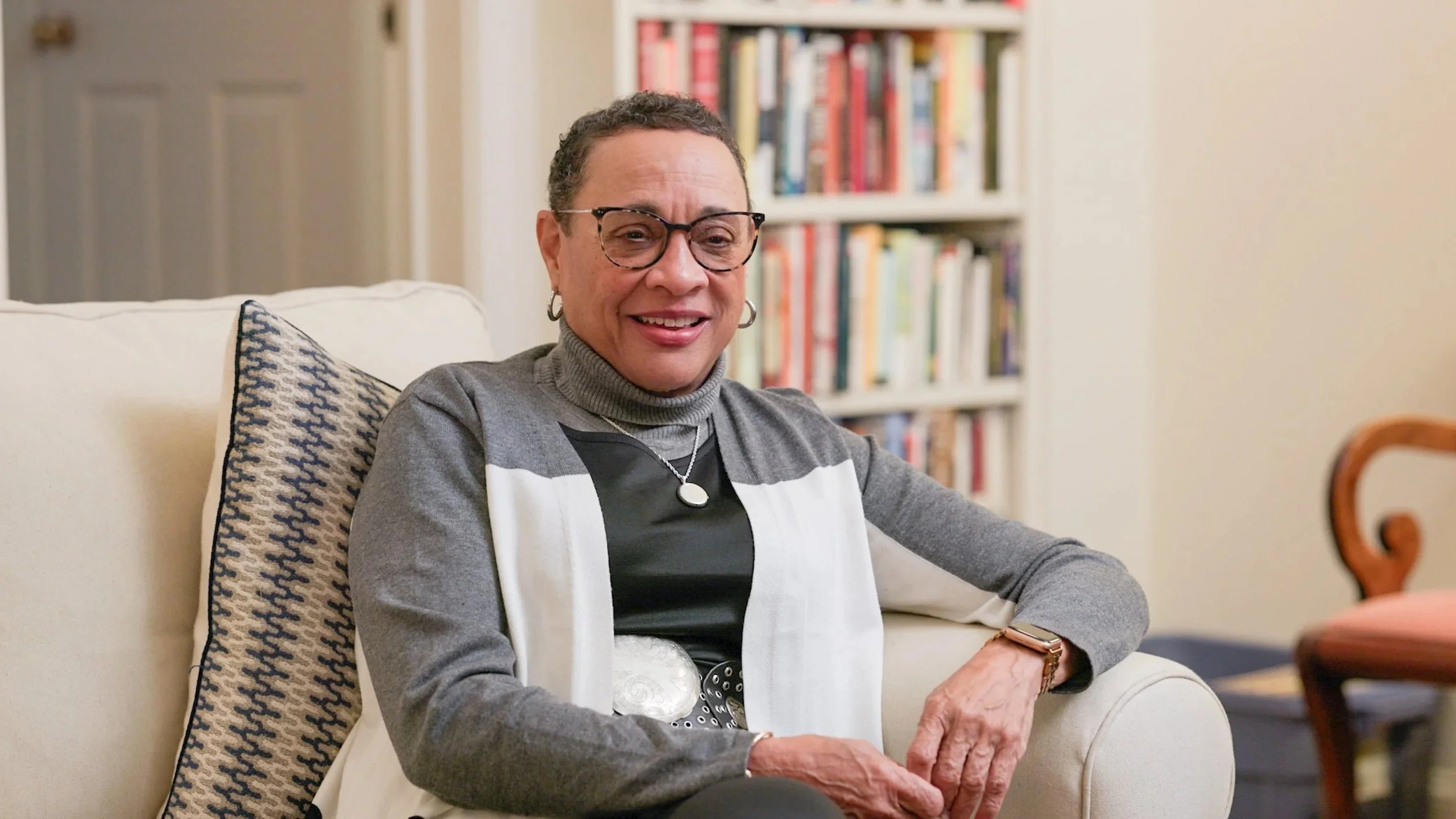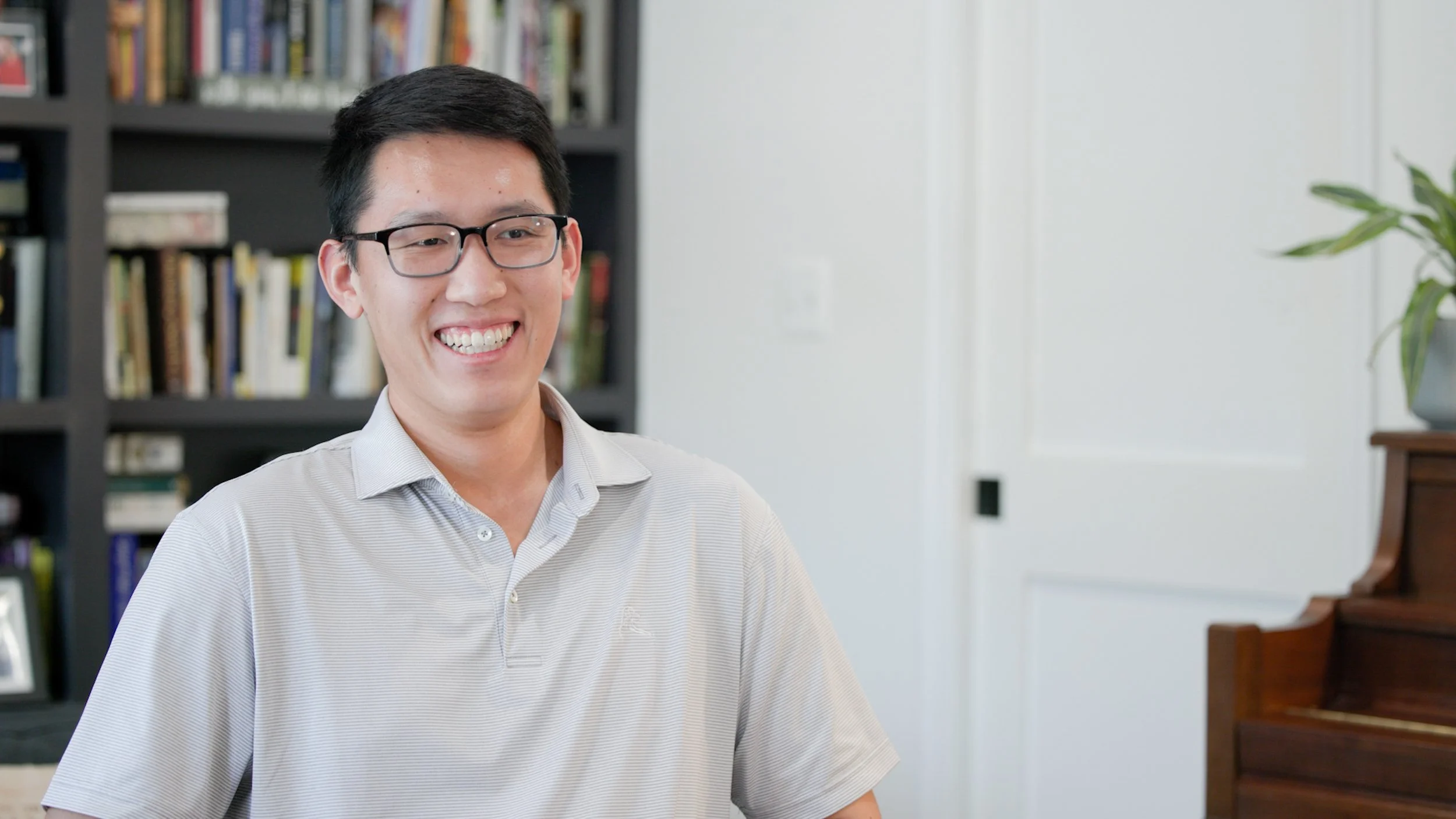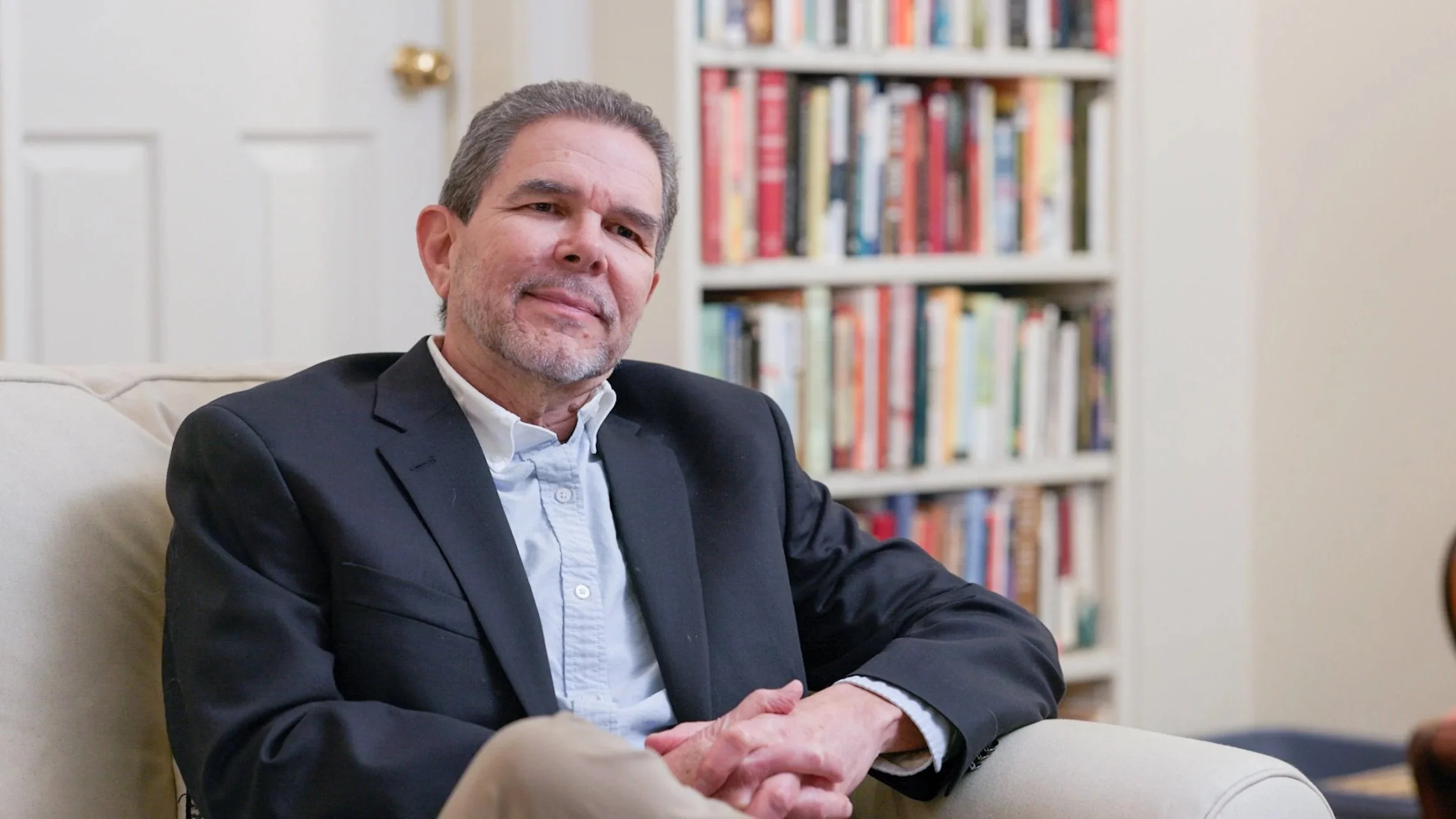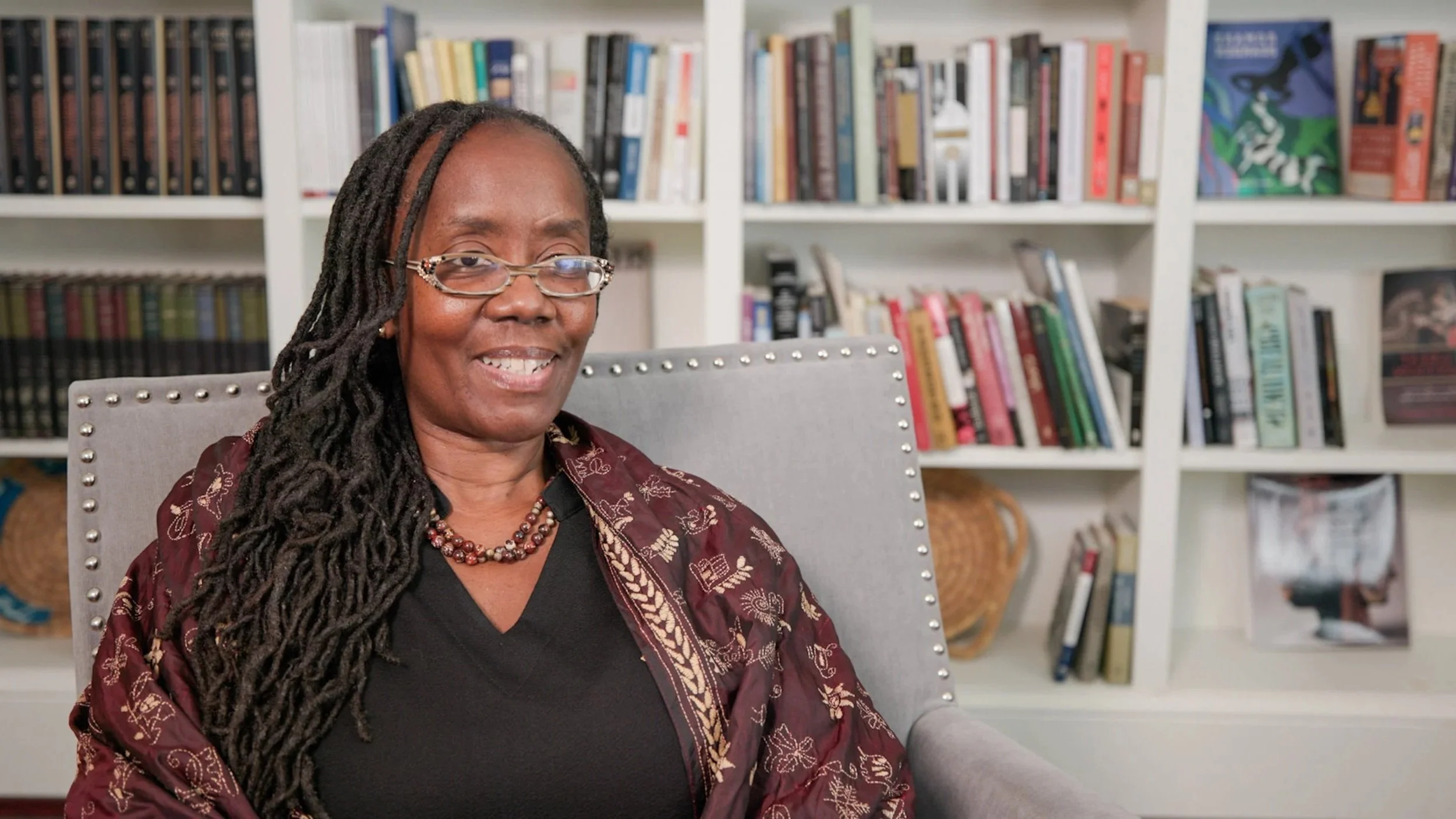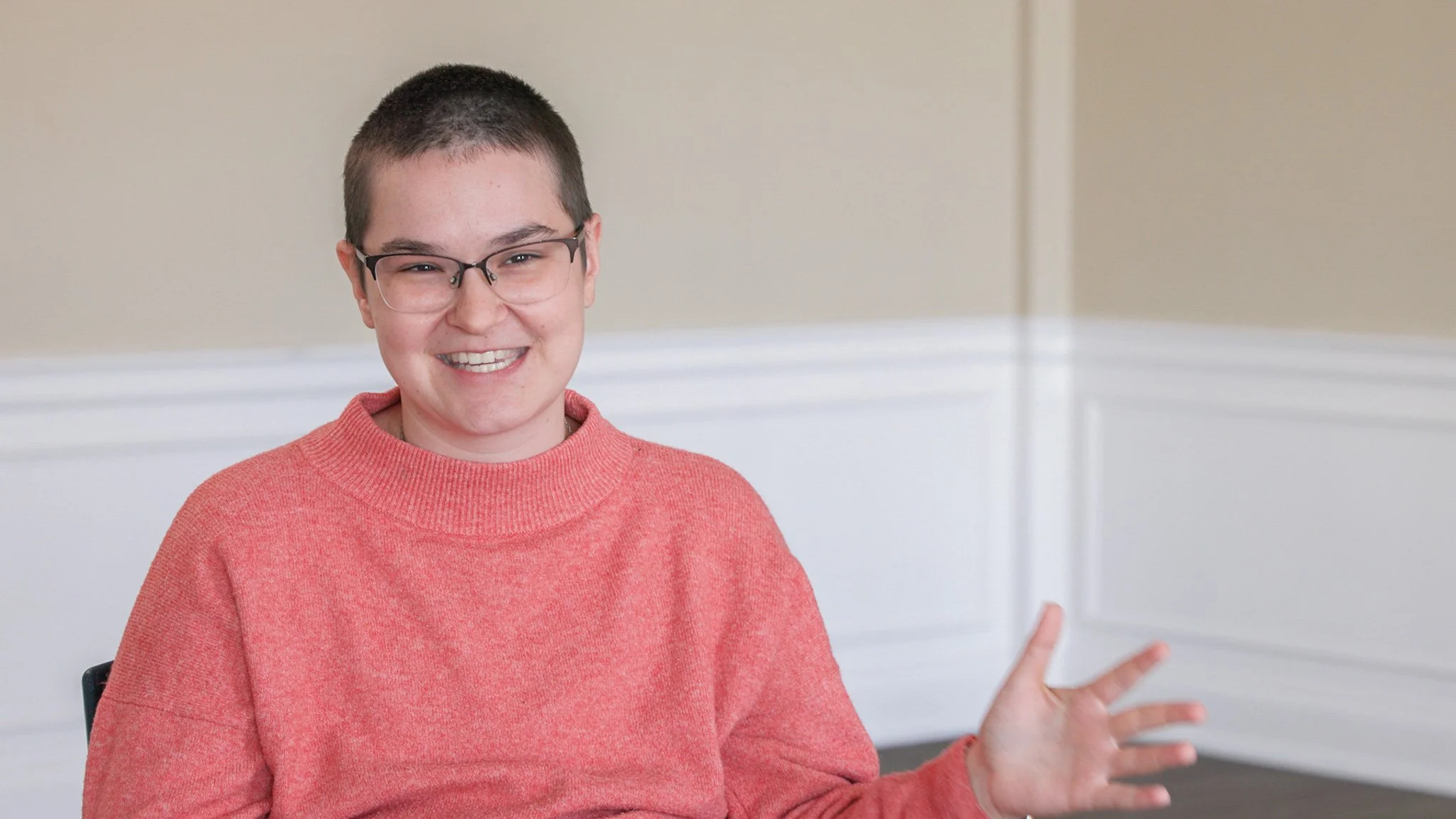
To commemorate its 25 years of ministry at the University of Virginia, and to acknowledge its growing influence on campus ministries and young adult discipleship models around the U.S., Theological Horizons is compiling a series of short video vignettes from students, parents, professors, psychologists, and others invested in young adult’s faith formation to explore afresh the role and value of faith-friendly communities, dialogue, and mentorship on university campuses today.
Featured Voices


Catalytic Stories of Faith
-
-
Kate- Early Twenties: Open, Curious and Ready- Forming a Home for Faith
Brian- Working as a Christian Within the University (Coming Soon)
Matt- Do I Still Believe When It’s Not Easy? (Coming Soon)
Delaney- Seen and Heard (Coming Soon)
-
Coming Soon!

Why this project?
Today, fewer than 1 in 5 public university professors say that “colleges should be concerned with facilitating spiritual development.” (UCLA/HERI study) A USA Today editorial describes today’s campuses as "bastions of liberal secularism, the places where religious faith goes to die.” But is there more to the narrative?
Day in and day out we encounter students whose questions of meaning, purpose, values, and ultimacy power their learning and development. We interact with university leaders for whom their faith is the very bedrock of their lives and work. Believe it: God is alive and well at college!
The “Catalytic Stories of Faith in the University” project captures and shares compelling stories of these explorations into questions of faith during the university years – and propels us to better serve students and our wider academic communities now and into the future.
OPPORTUNITY
Based on data from a 2020 UCLA study on student spiritual health
66%
53%
100%
This program is made possible through a Vital Worship Grant from the Calvin Institute for Christian Worship, Grand Rapids, Michigan, with funds provided by Lilly Endowment, Inc.
We also thank the Lloyd and Vivian Noble Foundation for their generous support.

